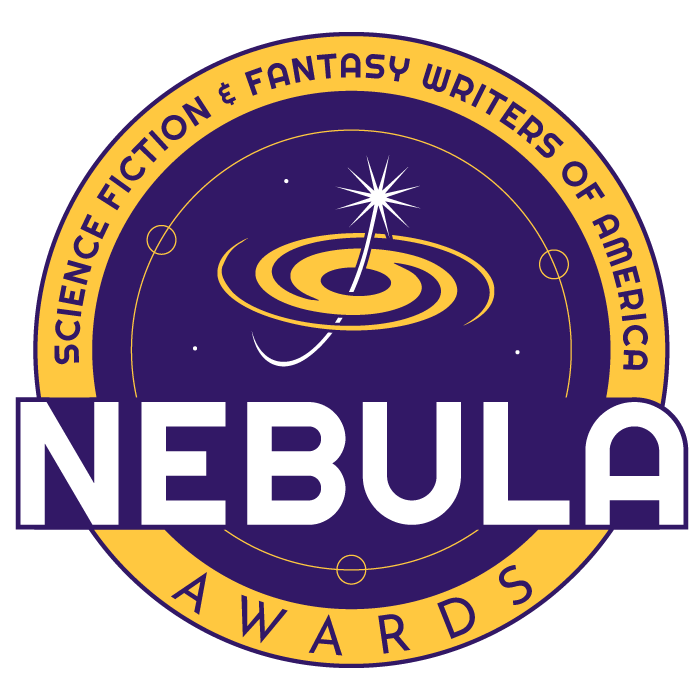I don’t recall having heard of him until I ran across this web page. Apparently he was a playwright in the 1500’s who wrote some plays with which I am unfamiliar. But he was also an epigramist, and he wrote a book of proverbs. Many of them, of course, may have been common sayings at the time, but his rendition of them is the earliest record we have of them in English.
And even if you’ve never heard of John Heywood, you’ve heard some of his proverbs (or more modern versions of them). For example:
Haste maketh waste.
Look ere ye leape.
The fat is in the fire.
When the sunne shineth, make hay.
When the iron is hot, strike.
When all candles bee out, all cats be gray.
No man ought to looke a given horse in the mouth.
We both be at our wittes end.
Two heads are better then one.
To tell tales out of schoole.
All is well that endes well.
Better late than never.
Pryde will have a fall;
For pryde goeth before and shame commeth after.She looketh as butter would not melt in her mouth.
Beggars should be no choosers.
The rolling stone never gathereth mosse.
To robbe Peter and pay Poule.
A man may well bring a horse to the water,
But he cannot make him drinke without he will.Better one byrde in hand than ten in the wood.
Rome was not built in one day.
Better is halfe a lofe than no bread.
Nought venter nought have.
Set all at sixe and seven.
One good turne asketh another.
By hooke or crooke.
I pray thee let me and my fellow have
A haire of the dog that bit us last night.But in deede,
A friend is never knowne till a man have neede.This wonder (as wonders last) lasted nine daies.
New brome swepth cleene.
A fooles bolt is soone shot.
A peny for your thought.
Many hands make light warke.
There is no fire without some smoke.
One swallow maketh not summer.
A cat may looke on a King.
Leape out of the frying pan into the fyre.
Mad as a march hare.
Set the cart before the horse.
The moe the merrier.
The moone is made of a greene cheese.
I know on which side my bread is buttred.
Who is so deafe or so blinde as is hee
That wilfully will neither heare nor see?Went in at the tone eare and out at the tother.
An ill winde that bloweth no man to good.
For when I gave you an inch, you tooke an ell.
Would yee both eat your cake and have your cake?
Though he love not to buy the pig in the poke.
This hitteth the naile on the hed.
Enough is as good as a feast.
Amazing, isn’t it? These figures of speech have been part of our language for about 500 years.
Of course, Shakespeare probably has more familiar phrases, but many of them we know to attribute to him. (Do not even try to argue that Shakespeare didn’t write Shakespeare’s plays.) But how many people think to attribute the above phrases to John Heywood?



